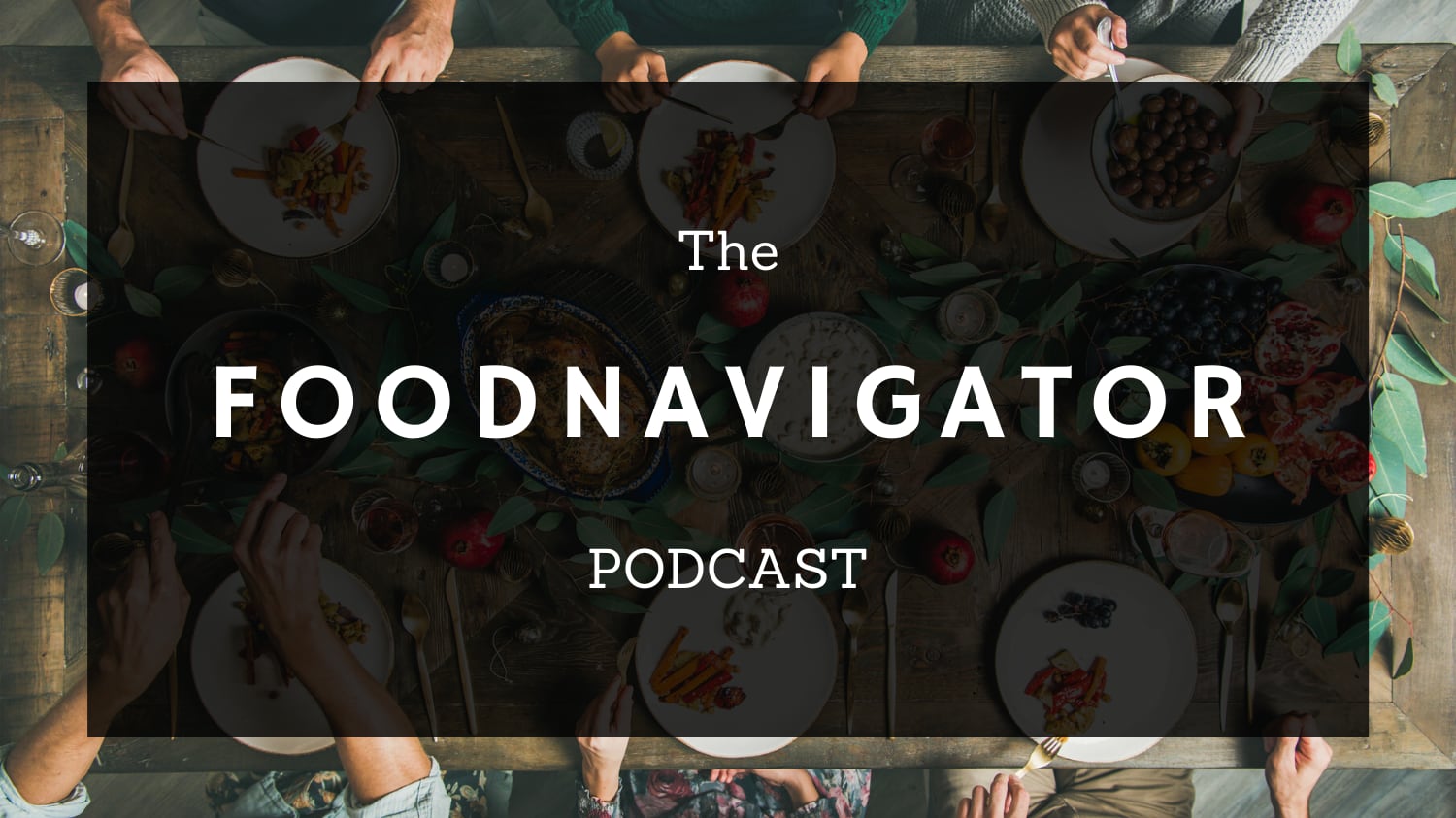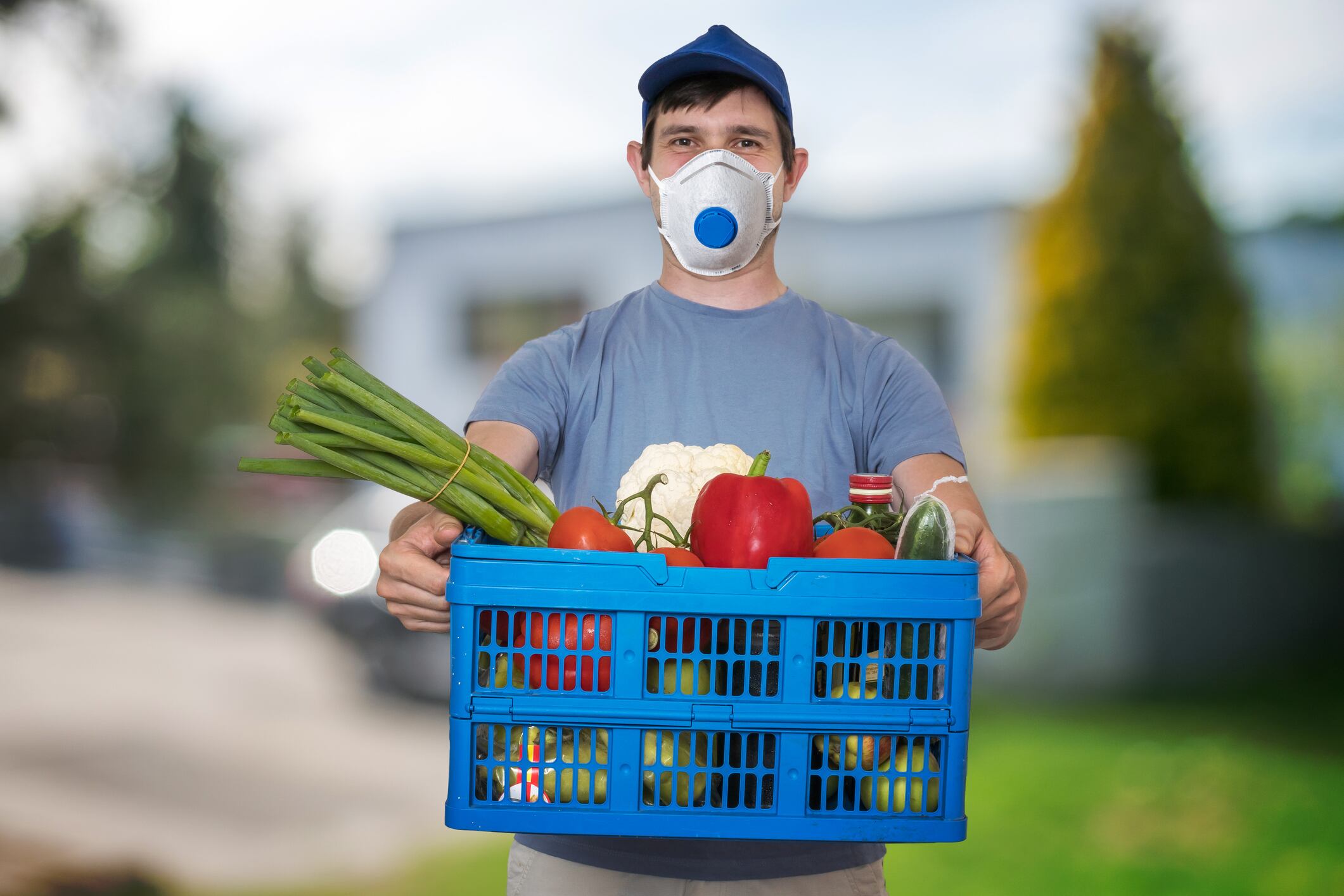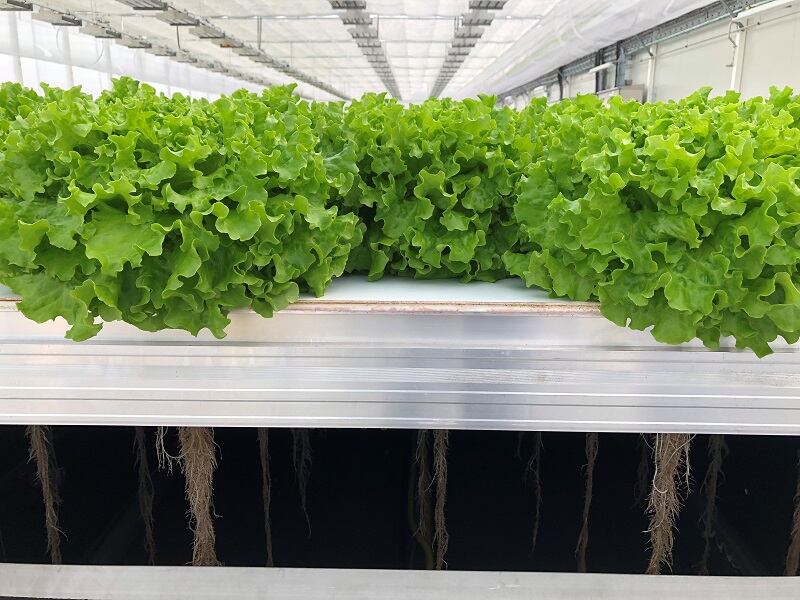The global COVID-19 pandemic has changed the way people eat, shop and think about food.
Changing consumer priorities
According to Alon Chen, founder and CEO of AI-powered consumer insight provider Tastewise, people under lockdown – with time on their hands – are spending more time scratch cooking. But beyond the boom in bread making, some other clear trends can be seen.
Perhaps unsurprising at a time when disease is front-of-mind, shoppers are looking for foods that boost their immune systems. However, Chen told The FoodNavigator Podcast, they aren’t seeking out new solutions. Rather, they are looking for familiar ingredients.
“We do see a huge increase in decisions around immunity…. We have seen a 360% growth in the number of people that care about their immune system. We are not seeing any new ingredients: We are seeing camomile, we are seeing kombucha, we are seeing melon, we are seeing a lot of fermentation,” he explained.
On the other hand, Chen said, weight loss has fallen off the agenda. This could be because it is a longer-term ambition while ‘coronavirus is now’, he speculated.
Speeding uptake of tech
Rapidly changing consumer trends that have been shaken up by the seismic impact of coronavirus mean that companies are increasingly looking for real time solutions, the food tech innovator claimed.
Food businesses have accelerated their uptake of technological solutions as a consequence. This stretches beyond real-time consumer insights to encompass aspects of supply chain planning, Victoria Ross, a UK sales executive at supply chain software vendor, FuturMaster, suggested.
The food sector has demonstrated its resilience throughout the crisis. By and large, shelves have remained stocked. To achieve this, Ross said companies are leveraging data and insights and increasing levels of collaboration for supply and demand planning.
Digital is also being used as a way for companies to reach consumers as shoppers increasingly shun bricks-and-mortar for e-commerce. Big retailers have been beneficiaries as they ramp up their omnichannel offerings. But direct-to-consumer has also flourished.
This has proven something of a lifeline for smaller food businesses, who have been squeezed by cashflow issues and disruption to distribution channels COVID-19 has brought. Young Foodies, the UK’s largest start-up and scale-up community, has responded by launching its own direct-to-consumer platform that will bring together thousands of smaller brands to reach consumers.
“As brands that are traditional grocery brands are trying to become an online first brand. Mighty Small has come about to create a really easy route to market for those brands,” co-founder Theodora Alexander explained.
Local food trend accelerates
The food sector has also seen an uptick in the number of consumers who want to support local sourcing. Driven by concerns over food and economic insecurity, people want to back businesses operating in their communities.
“There is a lot of goodwill across the industry. The challenge is this renewed focus on local only supports those brands that have the right channel distribution,” Alexander noted.
Julian Mellentin, director of New Nutrition Business, highlighted some of the additional barriers that start-ups face and suggested that ‘big food’ is equally well-placed to benefit from the drive to local. “The trend towards local… is not new. It has been around for ten years… the health crisis has rather accelerated that trend. I think there are opportunities for companies large and small with a local edge,” he told The FoodNavigator Podcast.
Indeed, Mellentin believes that COVID has primarily acted as an accelerator for trends that were already evident in the marketplace.
“It is far too easy for people to come along and say ‘the coronavirus will change everything’. But that is not what history shows. History shows that there are pre-existing trends… and crises accelerate those changes. That is what war did.
“I think the big problem in our industry is that not enough people bother to study history…. We very much have a today focus and the lessons of all history and of our own industry is existing trends accelerate. Nothing new comes along.”
Perhaps the biggest lasting impact of COVID on the food industry won’t be the changes that it ushers in, but the recession that is likely to follow.




